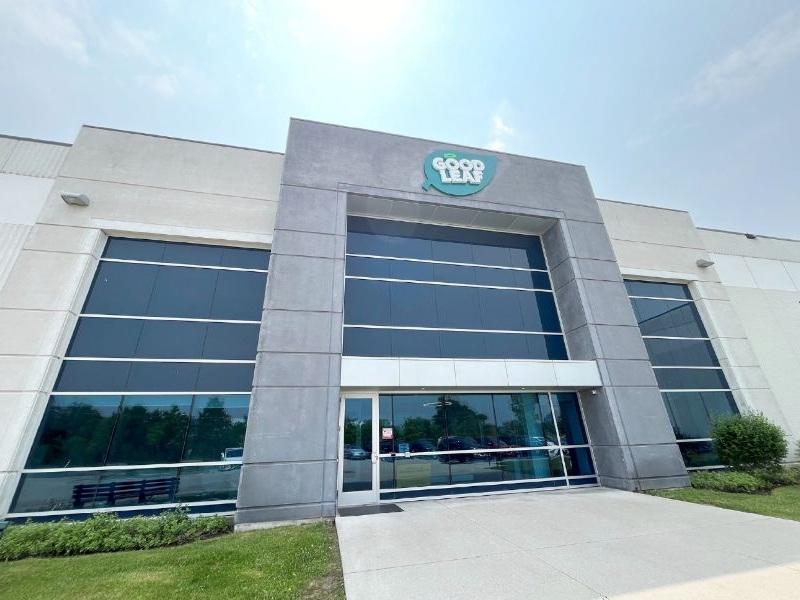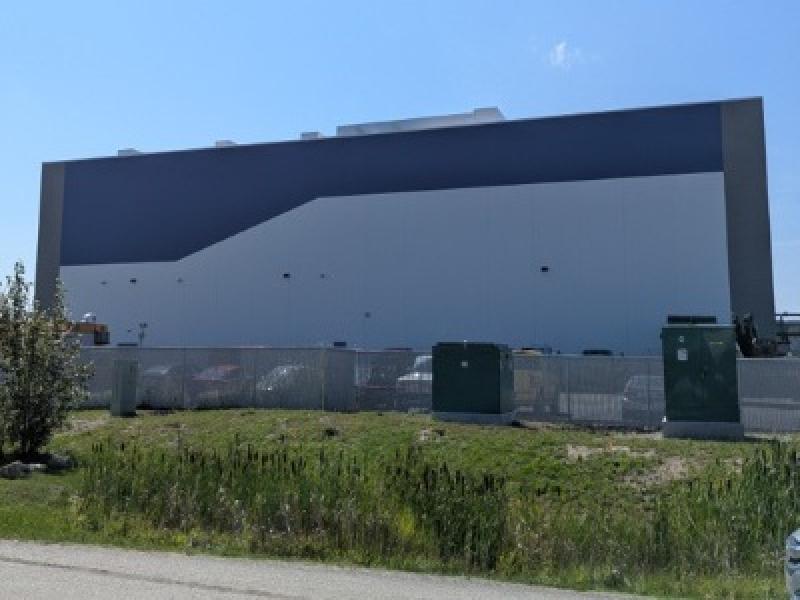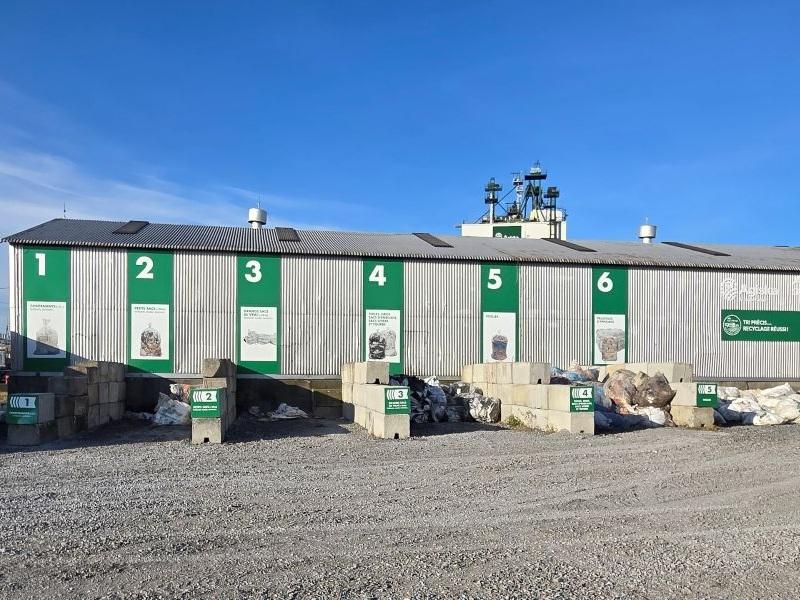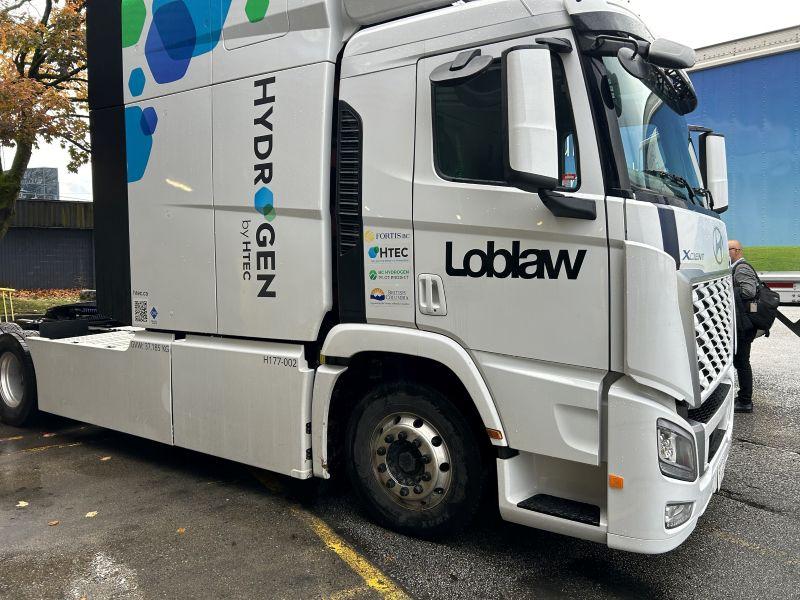
Clear and Savanta collaborated on a survey about Sick Building Syndrome (Courtesy Clear, Savanta)
As economies are reopened amid a potential fourth wave of the pandemic, a newly released survey reports 73 per cent of North Americans do not feel confident in the air and water quality in offices or condominiums.
The survey, conducted by Clear Inc. and Savanta, involved 1,165 participants aged 18-and-over across Canada and the U.S. It also found 78 per cent of respondents agree good air quality is a mandatory requirement for maintaining a healthy home. Reports, however, suggest up to 30 per cent of new or remodelled buildings worldwide are “sick.”
The World Health Organization (WHO) coined the term “Sick Building Syndrome” (SBS) in 1986 to describe the problem. SBS causes building occupants to experience acute health effects and discomfort with no specific illness or cause identified.
Thirty-five years later, Clear — a provider of air and water firewall technologies that improve indoor air and water quality — collaborated with environmental consulting firm Savanta to conduct a survey about SBS called Sick Building Syndrome and Healthy Living in North America.
“As we emerge from the pandemic, many North Americans are thinking about the air and water quality of their indoor environments, and — based on the survey findings — are willing to put more money behind solutions if it means they can protect their mental and physical health,” said Gil D. Blutrich, founder and president of Clear Inc. in a release. “With a background in real estate, this is a public health and safety issue that I recognized long before the pandemic and, through Clear, am trying to address for the benefit of our society.”
Highlights of Savanta’s survey
– More than 51 per cent of North Americans are concerned about water quality reports and their ability to reduce water-related health problems;
– Nearly 74 per cent of North Americans would feel safe entering air quality-certified or rated buildings;
– On average, North Americans are open to paying roughly USD$13.50 per month for the indoor and water-quality maintenance of the condo they are living in.
Condo buildings
– Only 28 per cent of respondents perceive the indoor air quality in condo buildings to be “extremely” or “very” safe;
– Only 34 per cent of respondents perceive the indoor water quality in condo buildings to be “extremely” or “very” safe.
Office Buildings
– Only 24 per cent of respondents perceive the indoor air quality in office buildings to be “extremely” or “very” safe;
– Only 32 per cent of respondents perceive the indoor water quality in office buildings to be “extremely” or “very” safe.
“The findings from our recent survey with Savanta are eye-opening, especially the fact that a majority of North Americans do not currently feel that their office, condo, and hotel building environments are safe,” said Blutrich in the release. “Each of us is impacted by indoor air and water quality – it’s clear that this is an issue that needs to be addressed head-on.”
Clear’s patented and EPA-approved technologies target and fight harmful airborne and waterborne viruses, pathogens and bacteria. The company’s Hydro-Optic water system is designed to kill 99.99 per cent of viruses and pathogens, creating microbiologically pure water without using chemicals. The four-stage air purification process filters and disinfects indoor air while continuously monitoring its quality in real-time.
Clear intends to continue adapting to North Americans’ evolving standards of healthy living by providing condo boards, property management companies and developers with the opportunity to equip, maintain and monitor their indoor air and water quality.
Clients can also receive Clear Building Certification by applying on the company’s website.
Kontrol’s BioCloud detects airborne pathogens
Kontrol Technologies Corp. is another company currently working toward developing a solution to the air- and water-quality problem in buildings. Kontrol’s BioCloud viral technology detects airborne pathogens, such as SARS and COVID-19.
Kontrol is a Canadian company and leader in the digital transformation of buildings and the built environment. The company provides software, hardware and service solutions, including IoT, Cloud and SaaS technology, to improve energy management, air quality and continuous emission monitoring to create smart, healthy and sustainable buildings.
“BioCloud has multiple applications but works best when operating in a defined zone where individuals congregate, such as a common area,” said Paul Ghezzi, CEO, Kontrol Technologies. “BioCloud can also be installed on the HVAC system to monitor the main HVAC return.
“BioCloud is available for multi-residential buildings and condo applications.”
Kontrol aims to reduce energy consumption, lower GHG emissions and create safe and healthy spaces. The company’s portfolio includes over 20 million square feet of buildings and facilities, in which it has reduced 142 million kgs of equivalent CO2 and 200 million kw/h of electricity per year.
About Clear
Gil Blutrich is the founder and CEO of Toronto-based Clear Inc. He also founded Toronto-based Skyline International Development, which owns more than two million square feet of real estate.
Clear believes clean indoor air and water is a right, not a privilege. The company aims to become a world integrator for holistic indoor health technologies.
About Savanta
Tom Hilditch founded Savanta in 2006.
The company strives to find solutions to environmental challenges. It is a leader in climate change work and aims to build community trust in projects’ abilities to balance environmental, social and technical components, while maximizing community benefits.
About Kontrol
Paul Ghezzi is the CEO of Kontrol Technologies Corp. He is a leader in cleantech, proptech, renewable energy and distributed power generation.
Kontrol is a leader in Safe Space Technology and aims to make buildings safer spaces for people to work, gather and collaborate. The company’s mission is to deliver smarter, healthier and more sustainable buildings, and to create a better future for all by leading the digital transformation of buildings.








